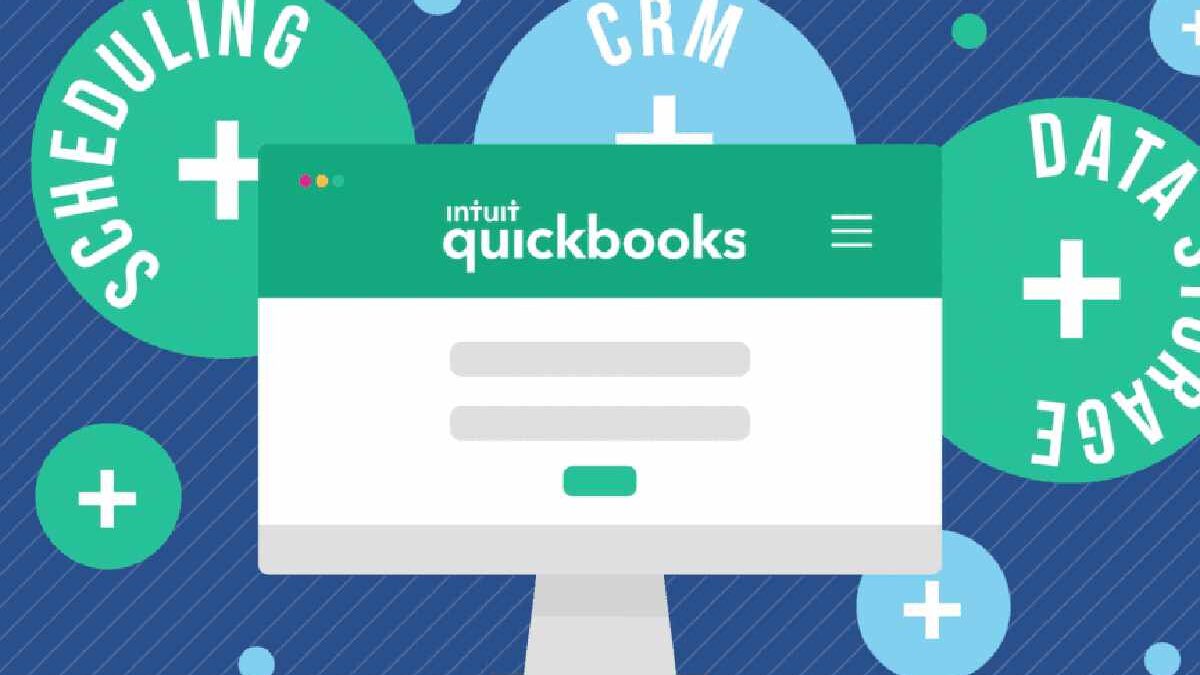For years, QuickBooks has been the go-to choice for small and medium businesses looking to manage their finances. But the world of accounting is shifting fast. Today, businesses want more than spreadsheets and basic reporting. They’re searching for tools that connect teams, anticipate financial outcomes, and simplify compliance in an environment where speed and accuracy matter.
So, what comes after QuickBooks? What does the next generation of cloud accounting look like? Let’s explore.
Table of Contents
From Traditional Tools to Smarter Alternatives
For many companies, QuickBooks still works. But for those aiming to scale, it can feel limiting. That’s why the search for QuickBooks software alternatives is growing. These newer platforms don’t just replicate what QuickBooks does—they expand on it, offering automation, predictive analytics, and integration with other digital systems businesses rely on daily.
Why Cloud Accounting is Expanding
Cloud adoption in finance isn’t new, but its impact continues to deepen. A 2024 review published on SSRN looked at 18,570 studies and found that 82% of businesses reported operational efficiency gains from cloud use. Even more compelling, 76% saw cost savings, while 64% gained a competitive advantage.
What does that mean for accounting? Companies are realizing that moving to the cloud isn’t just a tech upgrade. It directly improves their ability to manage finances, cut costs, and keep up with competitors.
Automation: The New Standard
Automation is no longer an optional feature—it’s the backbone of next-gen accounting platforms.
- Invoices are generated and sent automatically.
- Expenses are categorized without manual entry.
- Payroll runs itself with minimal oversight.
Instead of finance teams spending hours inputting data, they can focus on interpreting results and planning ahead. This shift saves time, reduces mistakes, and creates financial clarity faster.
AI-Driven Insights
Artificial intelligence isn’t replacing accountants—it’s giving them sharper tools. Platforms now analyze historical data to predict trends, flag risks, and suggest ways to optimize cash flow.
According to a 2025 study in Nature, integration and security are the main drivers behind cloud accounting adoption. AI builds on this by giving businesses confidence in their numbers and foresight into upcoming challenges. For example, instead of waiting for end-of-month reports, finance teams can spot unusual spending patterns the same day they occur.
Real-Time Collaboration
Finance doesn’t happen in isolation anymore. Cloud accounting tools let accountants, executives, and even department managers access the same financial dashboards in real time. No more emailing spreadsheets back and forth.
This level of collaboration means decisions can be made faster. A CFO can greenlight a project knowing the company’s liquidity at that exact moment, while team leads can track their budgets without waiting for updates.
Integrations That Actually Matter
Accounting tools are no longer stand-alone systems. The future lies in how well they connect with other platforms—ERP, CRM, HR, and even project management software.
Think about it: payroll data feeding directly into financial forecasts, or sales numbers automatically updating revenue projections. Integration reduces duplication and keeps everything aligned.
Predictive Finance
Where is this all heading? Predictive finance.
Rather than reacting to what already happened, businesses want to know what’s coming. AI-driven forecasts can project future cash flow, identify seasonal dips, and highlight risks before they become problems.
For small businesses, this means avoiding unexpected shortages. For larger enterprises, it provides confidence in scaling, acquisitions, and investments.
Compliance and Security
But what about the risks? Security remains one of the biggest barriers to adoption. A survey on arXiv of 352 enterprise decision-makers found that security concerns increased the likelihood of avoiding cloud adoption by 26 times. Privacy and data portability were also major concerns.
Today’s platforms are tackling these issues head-on. Encryption, two-factor authentication, and automated compliance reporting are becoming standard features. With regulatory requirements tightening worldwide, having built-in compliance checks can save companies from costly mistakes.
Scalability Without Surprises
One of the biggest selling points of cloud accounting is scalability. Startups can begin with affordable entry-level plans and expand as they grow. Enterprises can process millions of transactions without the need to re-platform.
That said, scalability also brings cost challenges. A Gartner study found that 69% of IT leaders reported budget overruns on cloud spending in 2023. Flexera’s 2024 report added that public cloud spending exceeded budgets by about 15%.
The lesson? Growth is good—but only when paired with tools that give businesses visibility into costs. The best accounting systems of the future will include cost-monitoring dashboards that alert teams before overspending happens.
Cost-Effectiveness for SMBs and Enterprises
The appeal of cloud accounting isn’t just about features—it’s about affordability. Small and mid-sized businesses want enterprise-level insights without enterprise-level costs. Enterprises want smarter tools that reduce inefficiencies.
When 60% of IT leaders say cost savings are their top cloud priority, it’s clear that financial software must justify its price tag. And with automated processes reducing manual hours, the return on investment is tangible.
What to Expect Next
So, what’s on the horizon? Expect to see:
- Deeper AI forecasting: Beyond spotting risks, AI will start recommending financial strategies.
- Stronger compliance features: Built-in tax and regulation tools that adapt to changing laws.
- More tailored integrations: Instead of one-size-fits-all connections, businesses will choose integrations that fit their industries.
- Enhanced cost tracking: Tools that show exactly where budgets are leaking.
Conclusion
The future of cloud accounting goes far beyond what QuickBooks built decades ago. Automation is now standard. AI provides sharper financial insights. Teams collaborate in real time. And businesses—from startups to global enterprises—gain the ability to predict, plan, and scale with confidence.
QuickBooks may have been the entry point, but the next chapter of accounting belongs to platforms that merge intelligence, compliance, and cost-effectiveness in one place. For companies ready to move forward, the tools are already here. The question is: are you ready to use them?

